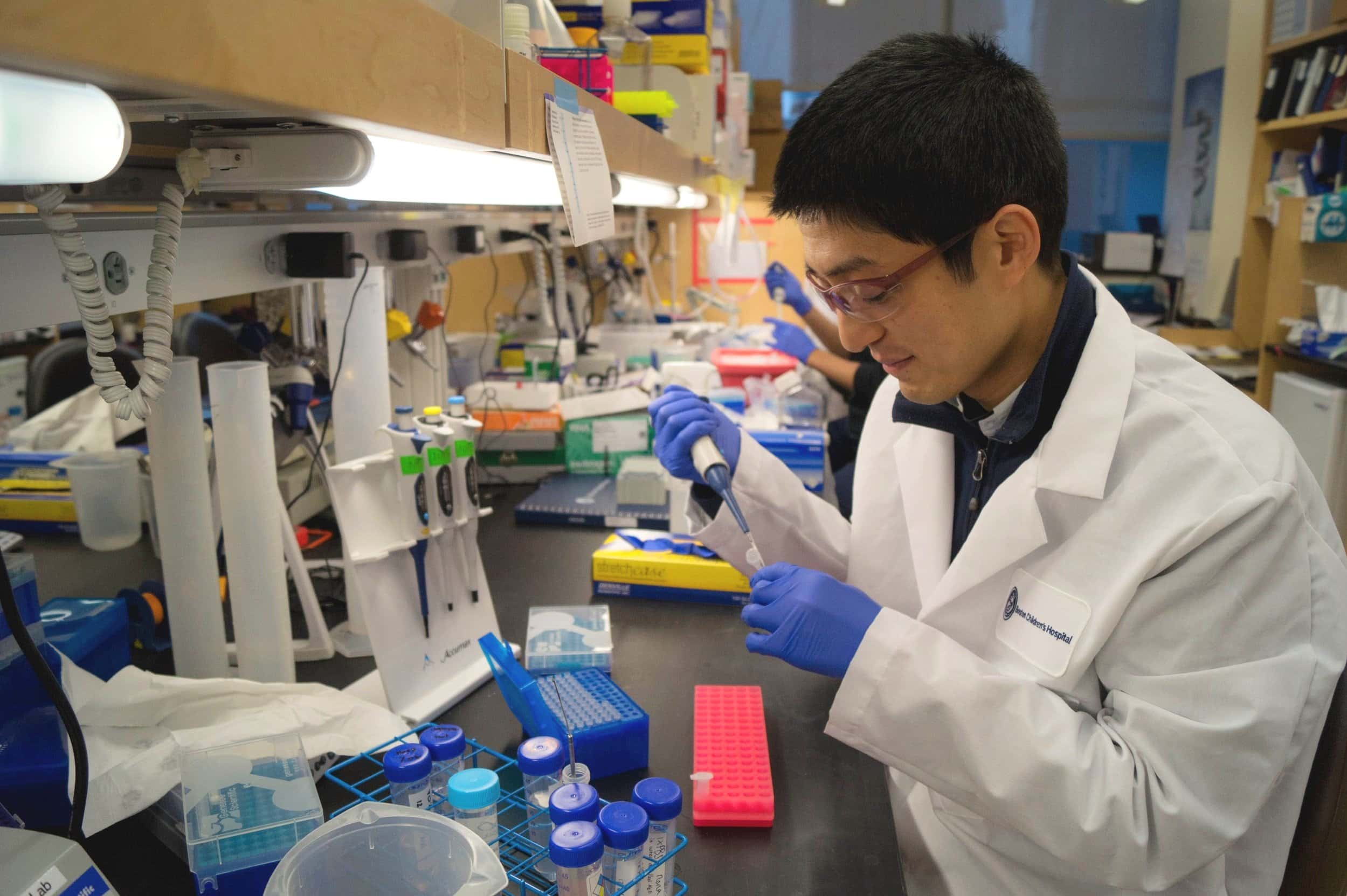In 2016, Luke Rosen and Sally Jackson faced a dire situation when their daughter Susannah was diagnosed with an ultra-rare genetic condition, a mutation in the KIF1A gene.

Crooke, a pioneer in antisense oligonucleotide (ASO) technology, promised a personalized medication for Susannah
Traditional medical paths offered no hope, predicting a downward spiral toward death within five years. However, a chance meeting with Stanley Crooke in year six brought a ray of hope. After a year of experimental treatment using antisense oligonucleotide (ASO), the results exceeded expectations.
ASOs, a technology developed by Crooke, are becoming a game-changer in medicine, offering highly specialized therapies designed for individual patients or small populations. This approach, demonstrated by the success of antisense oligonucleotide (ASO) in spinal muscular atrophy, is particularly promising for ultra-rare diseases like Susannah’s. Dr. Timothy Yu, of Boston Children’s Hospital, emphasizes the importance of sharing data for safety in individualized therapies, leading to the formation of the N=1 Collaborative.
Crooke’s non-profit, n-Lorem, aims to design drugs for thousands of patients with ultra-rare genetic diseases
With over 230 patients applying for treatment, the foundation is making strides, treating its sixth patient soon. While challenges remain, including safety concerns and the race against time for progressive diseases, the potential of ASOs to provide life-changing treatments is evident.
Crooke envisions a future where antisense oligonucleotide (ASO) can be developed within 15 to 18 months for individual patients. Despite uncertainties, the progress offers hope for families facing rare diseases, transforming lives and challenging the conventional approach to drug development.




